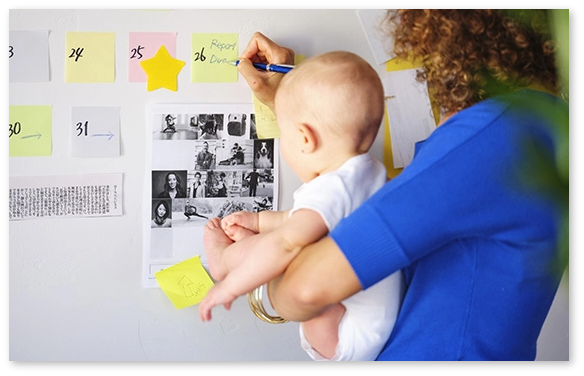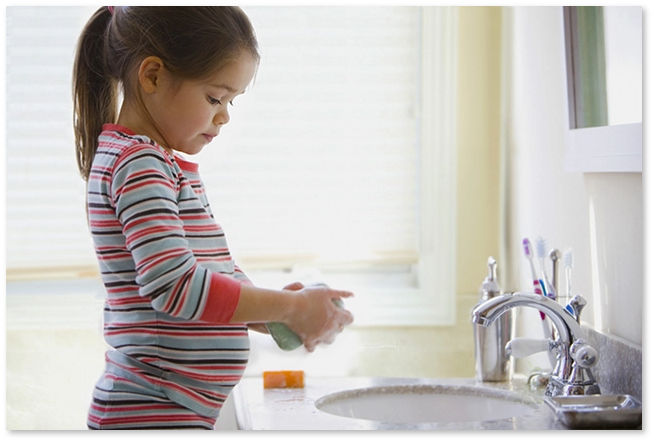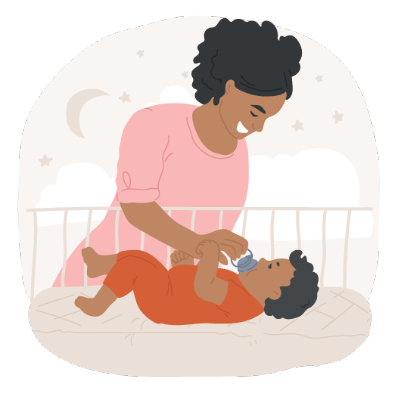
Try entering a couple words, like “pregnancy help” or “food for toddlers”.

Advice from
Mister Roger’s Neighborhood:
“You rarely have time for everything you want in this life, so you need to make choices.”
Ready to Simplify Your Life?
In this section you will find tips to help busy parents feel more organized.
If your day feels “out of control” try these steps:
Next steps for to keep control of your days:
Select a topic below:

Did you know that most parents wish for:
What is Most Important to You?
Ask yourself 3 IMPORTANT questions:
What MUST be done today?
TIP: When you cannot do it all, focus on accomplishing what is necessary today. Know what you can delay until tomorrow.
Examples of what you need to do each day.

Ready? Make a “Priorities To-Do Today List”.

Do you enjoy your life?
Are you so busy being a good parent, that you miss time to enjoy family time with their children?
TIPS:
Do you take care of yourself?
TIPS:
Back to Top

Your habits and routines can help you stay on track and organize your day, budget, and home. Parents suggest these helpful habits:

Written Reminders - Find One Location

Important Tips:
Why Do People Procrastinate?
Some people delay or avoid certain tasks. Common reasons are:

TIP: If you have delayed starting a new routine or project, try scheduling a “start day and time” on your calendar.
Ready to declutter?
Keeping the living space of a young family organized can be a challenge and not a daily priority. If your life begins to feel “out of control” when living in a disorganized space, it may be time to declutter!

Tips to Get Started:

In the kitchen, pre-school age children can help “clear the clutter” when helping to prepare for or cleaning up after family meals.
Tips to Manage your Paper:
Try organizing your paper based on how long you will need it. Create files and label each as:

Back to Top
When parents follow a daily routine, the regular structure helps your child feel safe and secure. The child learns what to expect will happen next and makes their life more predictable.
How routines help improve your child’s behavior during the day.
4 Steps to Structure:
Having structure can lead to good.
TIP: Know when it is time to be flexible!
Step 1: Be Consistent (behave the same way)
Step 2: Introduce Order to Activities
(talk about time and what comes next)
Most activities have a beginning, a middle, and an end.
Talk to your child about:

Two examples of daily routines with a beginning, middle and an end are:

Teach your child two important ideas:
TIP: Avoid giving multiple time limits. If you set a time limit of 5 minutes, stick with it, and move on to consequences. Multiple warnings like 5 minutes followed by 5 more minutes will confuse your child. Stick with your goal to act consistently.
Step 3: Give Everything a Place
(where to put things)
This teaches your child to recognize where things are and when they are needed.

Step 4: Know when most children can understand and talk about the future.
When your child reaches 4 years old, he/she will begin to anticipate, predict, and plan.
TIP: Parents can introduce preschoolers to anticipate changes in schedules on weekends or scheduled days off.
Step 5: Help Your Child Solve Problems

As a parent solves less problems for their child, a child will begin to learn other skills like learning to be generous, or thinking about all the family or team members, not just being a player. Being a kid that sometimes has “nothing to do” creates the opportunity for kids to develop this skill. Teaching your child to be a “big picture thinker” will help them learn to consider all their options before making a decision.

TIP: Parents can use times when your child reports “having nothing to do” as an opportunity to help your child solve their problem.
Need more tips? Learn more in Be the Parent You Want to Be.
Back to Top